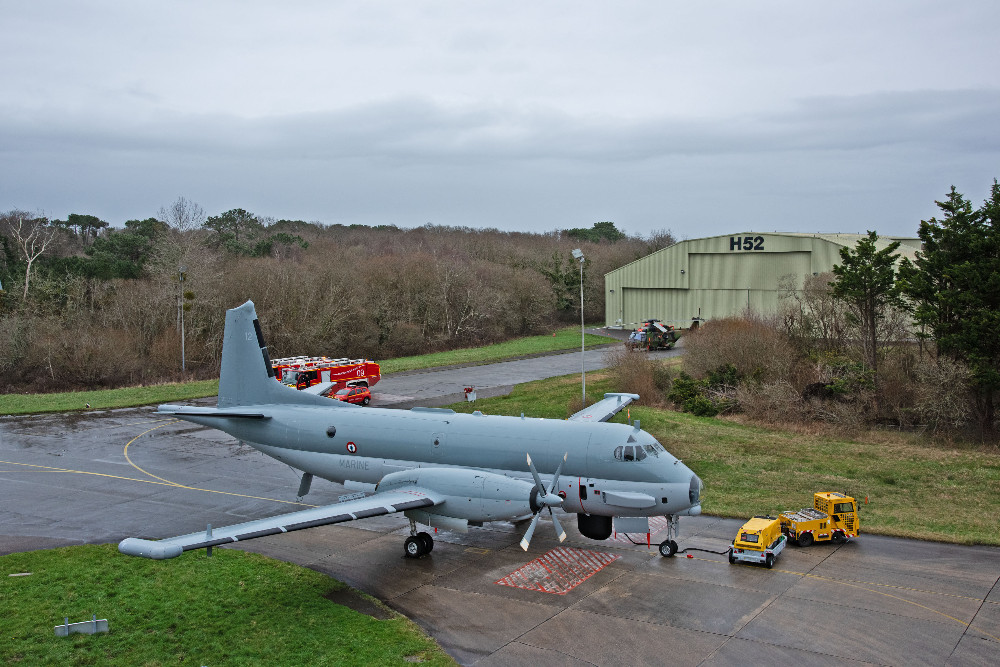Abstracts
Articles published in the French edition of RDN this month
The quantum revolution and the West - Jean-Philippe Immarigeon
Successive crises in economics, have become systemic—at least, that is what is said. For as far as action is concerned, a mix of determinism and progressivism appears to be the only path currently conceivable. However there is in the West another way of thinking which has been left aside for two and a half centuries, yet which could fuel the needed revolution, without which catastrophe is now certain.
The strategic value of the Western ideal - Francis Gutmann
The West has long been recognised as a civilizing force. But this influence has progressively become diluted, internationalised and brought down to size, and is now in competition with other emerging strategic entities. The author evaluates its residual value.
The West in the face of a changing international system - Frédéric Ramel
The emergence of a new world order affects the structure, nature and texture of an international system conceived by and for the West. The author describes its roots, sets out the consequences for western monopolies and highlights the disparities of the emerging system.
Are the values of the Atlantic Alliance Western ones? - Olivier Kempf
The author recounts the values of the Atlantic Alliance resulting from the UN Charter and shows that western values have not greatly changed over the years, apart from the adoption of a resolutely defensive posture. He suggests that the positive values of free criticism and malleability are at the root of the West’s continuing flexibility.
What is the West? - Thierry Giaccardi
The author follows many leads with the persistence of a conscientious detective to pin down the concept of the West and define its complex form. He demonstrates that an approach based on its civilization remains the best way of characterizing the personality of the West but warns that this leads to an inevitable culture war.
The strategic role of the West - Hubert Védrine
The challenges which Westerners must face are not only security-based in nature but also strategic, and are linked to the reorganization of the world. Although they mainly concern the Americans, whose leadership is under threat, they also require an effort of will on the part of Europeans and that the two Atlantic partners agree on essentials, failing which the West will break up.
Has the era of great dangers returned? - Yves-Marie Laulan
In this vigorous warning, the author claims that risks are multiplying for the western world, conflicts are threatening and it is time for new alliances to ward off danger, especially the arrival of an over-powerful China on the scene.
How the Arabs see the West - Mustapha Benchenane
The author explains the results of his work on the way in which the West is seen by many Arabs. He detects a tension between the Arab world and the West stemming from a historical background which runs from the Crusades to the Arab nationalist movements, and from the uneasy relationship which exists between the Christian and Moslem religions.
Terrorism: words matter - Hugues Eudeline
This plea for clarification of the words used to describe terrorist attacks is useful in order to understand terrorists’ behaviour and to distinguish more clearly the victims from their killers. The current confusion contributes to a general insecurity.
The European Union and the Arab spring: an ill-suited adaptive power? - Bastien Nivet
Like most international actors, the European Union was taken by surprise by the Arab spring. Its difficulties in this context, as well as its half-hearted efforts to become a player in it, provide useful insights into the ability of the Union to adapt to international change.
The future of ‘5+5 Defence’ - Emmanuel de Romémont
The opportunity for dialogue offered by the ‘5+5 Defence’ initiative in the western Mediterranean is allowing the emergence of regional solidarity and the development of a strengthened strategic partnership between inhabitants of Latin and Maghreb lands around the Mediterranean. This theme is developed by the author.
The sea as a metaphor for strategic manoeuvre - Emmanuel Desclèves
The author draws inspiration from the analogy between the intrinsic characteristics of maritime spaces and a globalised planet to reflect on the ability to manoeuvre in a changing world; not only gain access to the sea’s resources and to bring new growth but also to guarantee international trade.
China: new ambitions and old threats - Jean-Vincent Brisset
China’s armed forces and the level of their technology are not easy to categorize. The maritime dimension of China’s strategic ambitions is increasingly evident however, and a preoccupation with aircraft carriers forms a large part of it. The author is an expert in this field and assesses that the Chinese strategic posture remains coloured by unequal results in non-military sectors.
Is Sun Tzu a difficult read? - Yann Couderc
Several thoughtful readings of the famous Chinese treatise on the art of war bring out the insights which explain the pertinence and current interest in this ancient strategic work.
The meaning of military ethics - Jérôme Augusseau
This very detailed description of the place of ethics in a rapidly changing world, and in armed forces confronted with irregular combat using innovative weapons, shows that our armed forces are well aware of the need for strong and appropriate military ethics.
The 2012 strategic debate: the UMP Defence Convention opens fire - Pierre-Dominique d’Ornano
The author presents the major topics discussed at the UMP’s (Union pour un Mouvement Populaire) Defence Convention of 20 September 2011, as an illustration of the place which defence occupies in the party’s programme for the presidential elections. He highlights the priorities involved, European defence, the link between the armed forces and the nation and industrial policy, while not forgetting the underlying financial realities.







